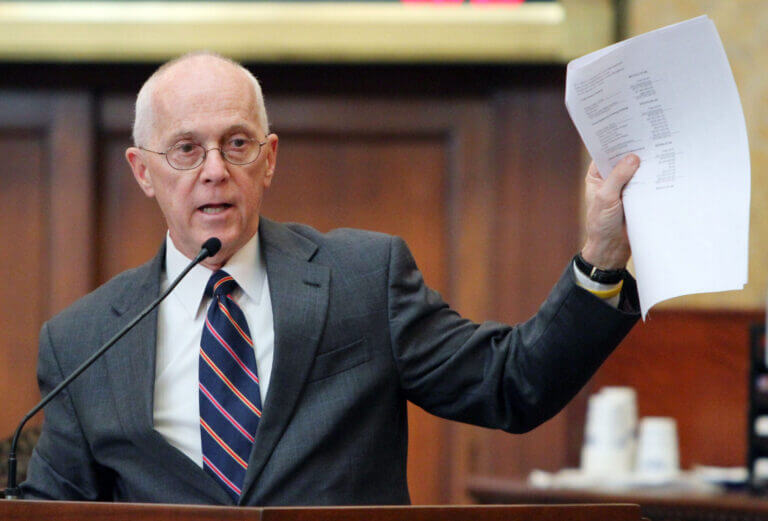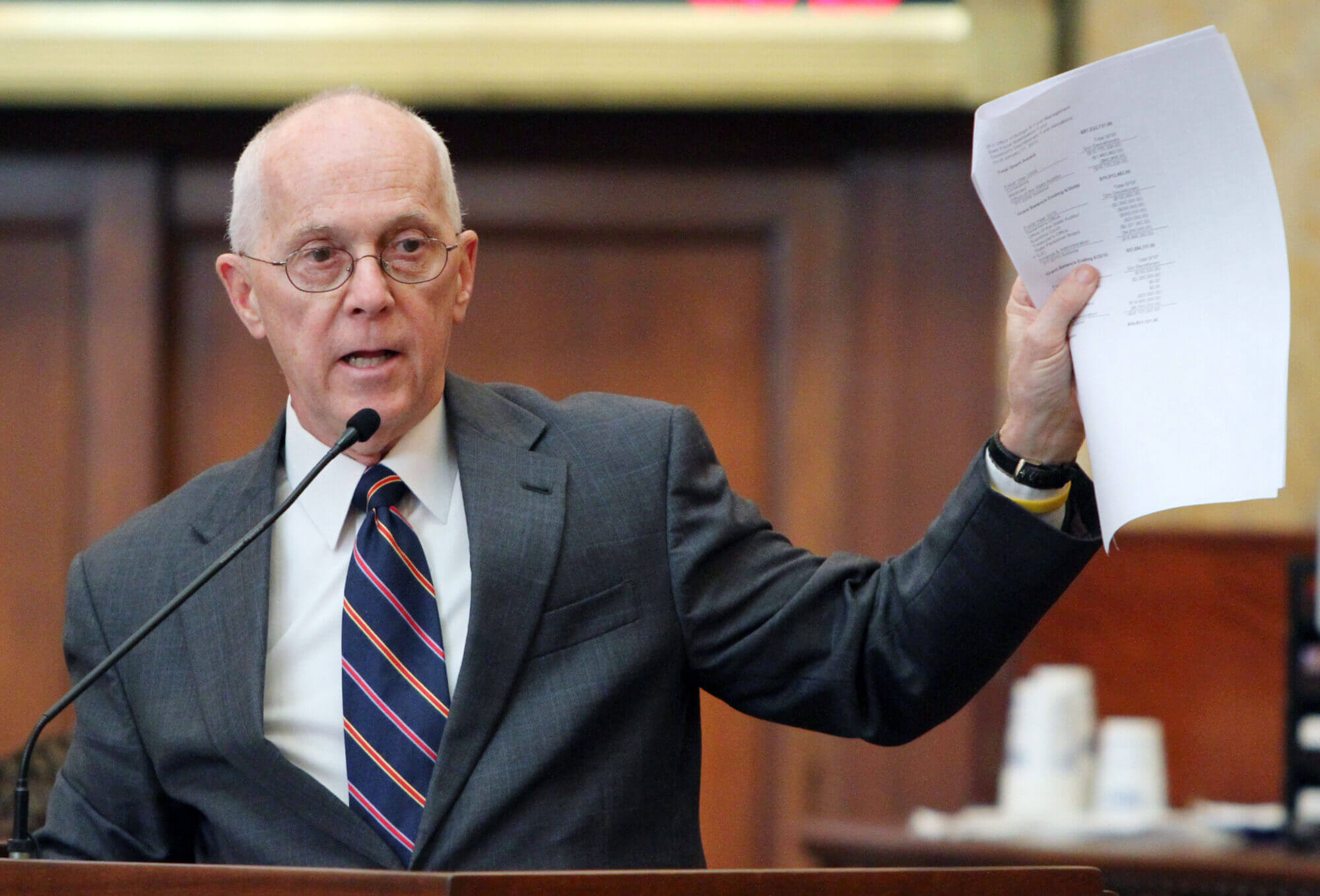

Editor’s note: Former state Rep. Cecil Brown, who was involved in the budget process as a member of the Legislative Budget Committee from 2004 until 2012 and earlier as the state fiscal officer, explains how the state budget process works. Brown also references that the Legislature ended the 2025 session without a budget, which is not how the process is supposed to work.
This is an attempt to shine light on the Mississippi state budget process and make it understandable. Unfortunately, as we recently learned, when politics get involved, things don’t go as planned.
The state budget is the document created by the state Legislature that tells government officials how much money is available to spend for the upcoming fiscal year and how it should be spent. State law requires a balanced budget. Operating expenses cannot exceed available revenues. The current total annual state budget is about $28 billion, consisting of $13 billion in federal funds, $7 billion in general funds $700 million in “state support special funds” and $7.8 billion in “other special funds.”
The “general fund,” is the pot of money collected by the state from sales taxes, income taxes, use taxes and various other taxes and fees. “Special funds” are for the most part dedicated to specific uses. For example, fuel taxes are used primarily on highways.
All federal funds and many special funds have dedicated uses and are not available for general purposes. General funds, state support special funds and some other special funds can be used for the general needs of government. They are spent on K-12 education, universities and community colleges, the state’s portion of Medicaid costs and all the other legitimate obligations of state government.
The state’s fiscal year begins July 1 and ends on June 30 of the succeeding year. For example, we are currently in the 2025 fiscal year that began on July 1, 2024, and will end on June 30, 2025. Each state budget is for one year only and is adopted by the state Legislature in the legislative session that precedes the beginning of the fiscal year.
The budget process begins in the summer before the following legislative session. Staff work is performed by the Legislative Budget Office (LBO), a group of professionals who work for the Legislature. Each state agency submits a detailed budget request outlining their anticipated financial needs for the following year and number of personnel they need to carry out their missions. Requested increases require explanation and larger items such as equipment require detail analysis. The starting point for every agency budget is the money and personnel they have for the current year. Detailed analysis will be provided for new programs that require additional funding. Reductions such as non-recurring needs for new equipment also are considered.
All the agency budget requests then go to the Joint Legislative Budget Committee (JLBC) to be considered for the “budget recommendation” provided to the Legislature to consider in the upcoming legislative session. The JLBC is composed of six members of the House and six members of the Senate. In addition, the committee also includes the speaker of the House and the lieutenant governor who alternate yearly as the chair of the panel.
While LBO is working on the spending side of the budget, another group of professionals is working on the revenue side. This “revenue estimating committee” is a group of experts who look at current tax collections and other state revenues, economic forecasts and changes to estimate how much money will be available for the general fund for the following year. After all the analysis is done, the JLBC will put all the numbers together to present a complete budget recommendation to the House and Senate during the first week of the legislative session. At that time, the budget is reduced to a series of revenue and expenditure (appropriation) bills. To become part of the budget, each bill must be passed by the House and Senate and approved by the governor.
The JLBC and the governor will meet with the revenue estimating committee to adopt a revenue estimate. That estimate sets a limit on how much the Legislature can appropriate during the session. Major changes in economic outlook might require changes in the estimate and the amounts available to spend.
During the session, everything works on a time schedule – when bills must be introduced, when they must be passed by the various committees and by the House and Senate. Failure to meet a deadline can kill a bill. One-half of the appropriations bills that are part of the budget will start in the House and one-half in the Senate. Legislators often introduce appropriations bills that are outside the budge recommendation. Most of those are never considered by the committees.
Appropriation bills can be amended in the committee, passed or killed by vote. Occasionally a bill will be amended, but most pass as introduced. After that, the full house of origin will vote on the bill, and if the bill passes it will go to the other house for consideration. If the two houses cannot agree on an appropriation or revenue bill, the bill will be referred to a conference committee where three members from each body will try to resolve the differences. Most of the appropriations bills go to conference. For a bill to be finally passed, it must pass both houses in the exact same form. After passage, the bill will go to the governor who can sign it into law, veto it or let it become law without his signature. A veto can be overridden by a 2/3 vote of each house.
This year, because of internal legislative politics, the Legislature adjourned without passing a budget. The only solution is a special legislative session. If appropriations bills are not passed by June 30, state government will shut down. Nobody, including employees, can get paid. Only the governor can call a special session, and he will set the agenda. Typically, the governor will not call a session until the legislative leaders assure him they have reached an agreement.
In the end, a state budget will be adopted. Not everyone will be satisfied, but that is the nature of the democratic process.
The post As legislators end session without state budget, former fiscal officer explains how process supposed to work appeared first on Mississippi Today.
- Scott Colom raised most money, but Cindy Hyde-Smith has most cash before March primary - February 21, 2026
- Patients face canceled surgeries and delayed care amid UMMC cyberattack - February 20, 2026
- Goal is ‘better alignment, not bigger government’ for Mississippi tourism - February 20, 2026